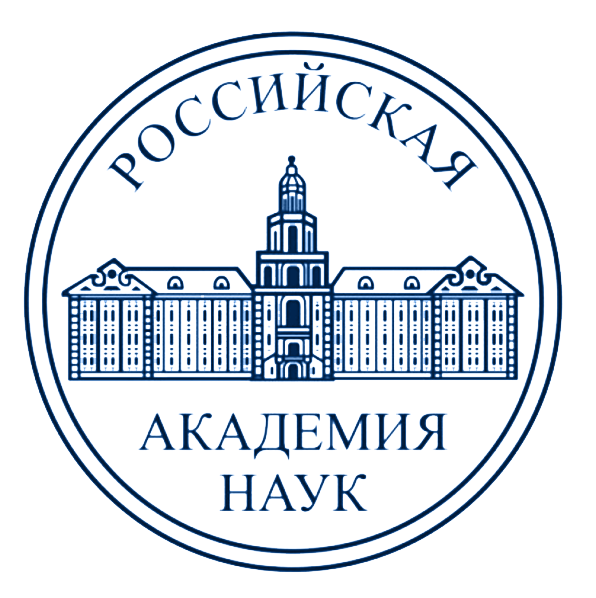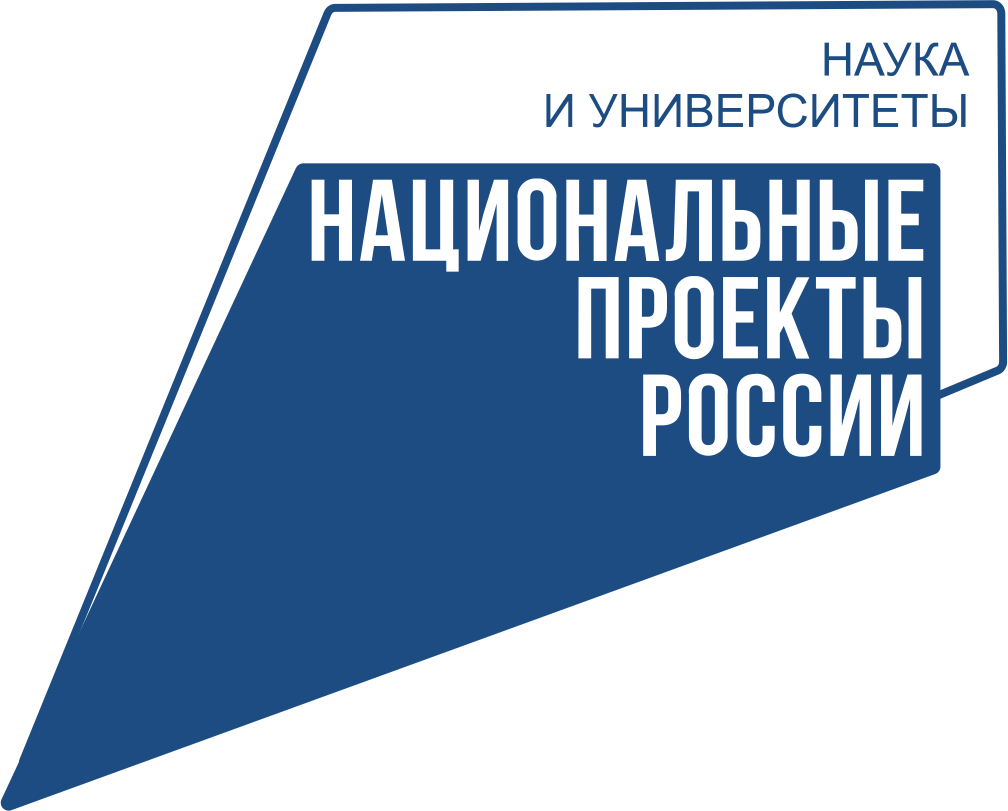In our work, we are consistent with the rules of the Committee of Рublication Ethics (COPE). Everyone who participates in the preparation of manuscripts for publication from our side (members of the editorial board and stuff, reviewers) follows the standards of COPE. The same is necessary for authors. By submitting your manuscript, you automatically agree to follow these rules, composed according to the standards of COPE.
- Duties of authors
- The author should ensure that all appropriate co-authors and no inappropriate co-authors are included into the paper, and that all co-authors have seen and approved the final version of the paper and have agreed to its submission for publication in the “Peterburgskii istoricheskii zhurnal”
- The authors should ensure that they have written entirely original works, and if the authors have used the work and/or words of others, this has been appropriately cited or quoted. Plagiarism in any form is unacceptable.
- An author should not publish manuscripts describing essentially the same research in more than one journal. Submitting the same manuscript to more than one journal concurrently is unacceptable. An author should not submit for consideration in another journal a previously published paper.
- Underlying data (especially archival documents) should be represented accurately in the paper. False information about research sources, fraudulent or knowingly inaccurate statements are unacceptable.
- When an author discovers a significant error or inaccuracy in a published work, it is the author’s obligation to promptly notify the journal editorial board and cooperate with the editorial board to retract or correct the paper. If the editorial board learn from a third party that a published work contains a significant error, it is the obligation of the author to promptly retract or correct the paper.
- An author should avoid personal criticism of other researchers. The discussion must be led with respect to the opponent.
- The author should clearly indicate all the institutions that granted financial support for this research.
- Duties of reviewers
- All submitted manuscripts are subjected to peer review. Depending on the subject of manuscript the review is either “internal” or “external”.
- Reviews should be conducted objectively, independetly of the identity of the author of manuscript. Referees should express their judgements clearly with supporting arguments.
- Reviewers should identify relevant published works that haven’t been cited by the authors.
- Reviewer should draw the editorial board’s attention to any substantial similarity or overlap between the manuscript under consideration and any other published paper of which they have personal knowledge.
- Unpublished materials disclosed in a submitted manuscript must not be used in a reviewer’s own research without the express written consent of the author. Privileged information or ideas obtained through peer review must be kept confidential and not used for personal advantage.
- Reviewers should not consider manuscripts in which they have conflicts of interest resulting from competitive, collaborative, or other relationships or connections with any of the authors, companies, or institutions connected to the papers.
- Duties of editors
- The Editorial board of the “Peterburgskii istoricheskii zhurnal”journal is solely and independently responsible for deciding which of the articles submitted to the journal should be published. The validation of the work in question and its importance to researchers and readers must always underwrite such decisions. The editorial board confer with reviewers in making this decision.
- All submitted manuscripts are subjected to peer review. The manuscript may be rejected before the review only in the case if there are forcible arguments: the manuscript does not correspond with the subjects of the journal or with the requirements for presented materials, if the manuscript was published earlier in another journal etc.
- The Editorial board formulates the requirements for presented materials clearly and in detail. They are indicated in the journal and on the web-site. These requirements are consistent with the rules of COPE.
- The Editorial board endeavors to maintain the integrity of the manuscript.
- The Editorial board champions freedom of expression and scientific discussion and is always willing to give authors an opportunity to respond to their opponents (under condition of respect of the rule 1.6).
- Having detected sufficient mistakes and misleading information in the published materials, the Editorial board eagerly publishes appropriate corrections, clarifications, retractions and apologies.
- The Editorial board is guided by its policies and constrained by such legal requirements as shall then be in force regarding libel, copyright infringement and plagiarism. The Editorial board is also guided by the Code of Conduct of COPE.








